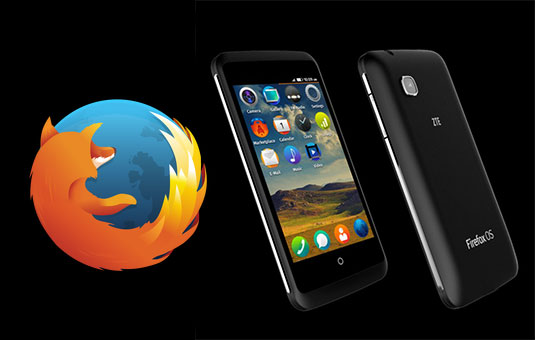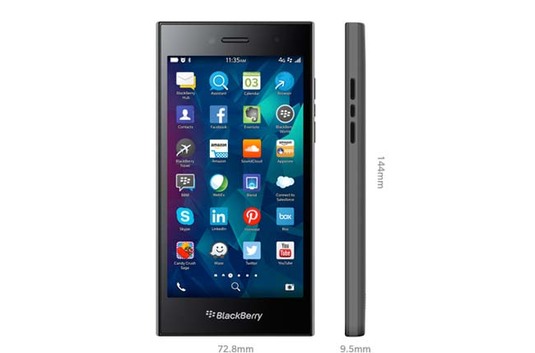This article is more than 1 year old
Network competition? Puh-lease. It's all about the Apple-Android Axis of Fondle
Rival mobile OSes in race for third place
Windows winner?
Tizen is also a Linux, from South Korea. Vendors backing it include Intel and Huawei, but it is most closely aligned with former parent Samsung. The backing of the world’s largest device manufacturer gives Tizen credibility, but today’s reality is Android powers virtually all Samsung’s smartphones; Tizen only powers the Samsung Z, a low-end handset, so far only sold in India. However, Tizen powers other devices - including Samsung Galaxy Gear smartwatches and high-end TVs.
Mozilla (US) launched Firefox OS in 2013. Despite being priced to appeal to developing markets, with a number of hardware and operator partners, it has yet to make its mark.

Firefox ZTE Open C was pitched at the developing market but never quite made its mark.
Back in 2013, Brazil was highlighted as a key market by Mozilla, but Brazilian mobile agency Pontomobi reported no more than four visits a month to the larger of client mobile sites. KDDI, LG U+, Telefónica and Verizon announced Firefox phones at MWC, but of most interest was low-cost Orange Klif, a $40 (£25) 3G smartphone for emerging markets that bundles in six months of calls and data – an innovative move.
BlackBerry (Canada), formerly a strong contender, outsold Apple prior to 2011, with 16 per cent market. The launch of the BlackBerry 10 OS failed to halt the slide to a pitiful 0.4 per cent (IDC, 2015), as blundering senior management put out mixed messages about the future of the company. At MWC, BlackBerry introduced Leap, a mid-level touchscreen claiming 25 hours of battery and an unnamed slim, dual-curved touchscreen display with a slide-out keyboard, together with some enterprise-related announcements to remind people that it was once the de facto standard for business smartphone.

BlackBerry's Leap smartphone ahs been receiving good reviews, but is it enough to halt the slide of its market share?
Microsoft (US) Windows Phone presently sits ahead of the “others” – but not by much, having overtaken BlackBerry's now-paltry market share in 2013. Microsoft launched two Windows smartphones at MWC: Lumia 640 and 640XL. These budget 3G phones (a recent trend for Microsoft) are LTE-enabled with dual SIMs, which are popular in emerging markets. The likely explanation for this uninspiring MWC line-up is that the good stuff will be held back for the launch of Windows 10 later this year.
Microsoft’s dominance in the PC/PC server business and promise of greater compatibility between desktop and mobile could help in terms of some form of cross-platform development. In addition, Microsoft has much deeper pockets than smaller rivals, and it has shown a willingness to invest huge sums in the platform. The reality is despite being an industry heavyweight, Microsoft market share is lower today than in 2010.
Some claim there are already three major smartphone OSes – none of which are our six contenders. Their reasoning is that Android is in fact two platforms. The first is controlled by the Open Handset Alliance (which Google controls) and is integrated with Google Mobile Services (GMS), such as Google Chrome Browser, Play app store, Google Wallet, Gmail, YouTube and Maps. The second, commonly known as “Forked Android”, uses the Android Open Source Project (AOSP) version of the software, which allows vendors to replace GMS with their own services. Examples include Amazon's Fire OS, which offers the e-commerce giant's own Amazon Appstore services, and Blackphone’s PrivatOS.
Research from Strategy Analytics suggests Forked Android is growing sharply: it powered 20 per cent of global smartphones sold in Q2 2014, up 20 per cent on the previous quarter. Google’s own variant controlled 65 per cent, and is growing by 13 per cent per quarter. The downside for Google is that fewer users of its apps means less visibility of the user, restricting its ability to target ads, which is why Google will do its upmost to curb Forked Android by prioritising innovation in “Google Android.”
